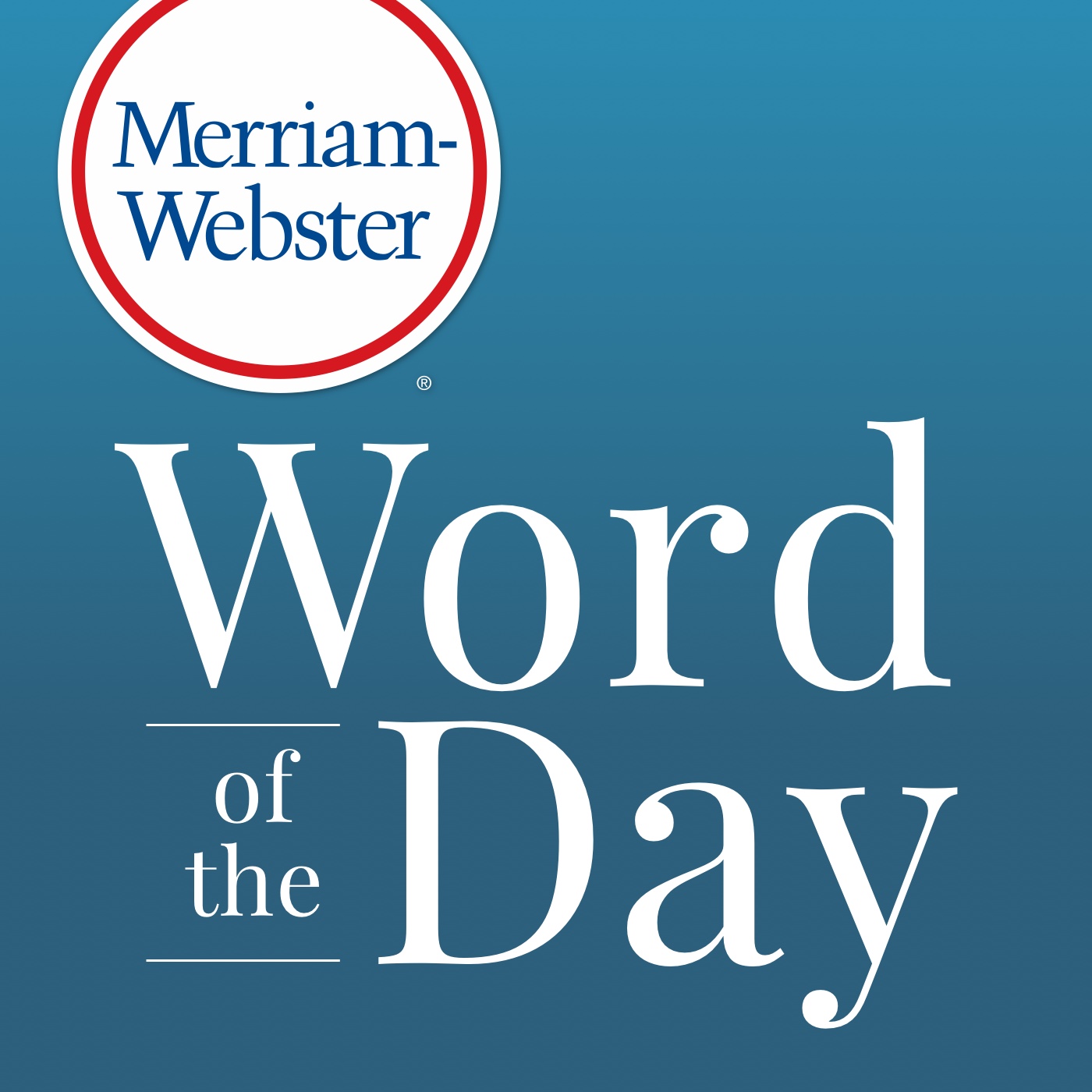Merriam-Webster's Word of the Day - fester

Übersicht
Merriam-Webster's Word of the Day for May 12, 2025 is: fester \FESS-ter\ verb
Something that festers becomes worse as time passes. Fester can also mean, in the context of wounds, sores, etc., “to become painful and infected.”
// We should deal with these problems now instead of allowing them to fester.
[See the entry >](https://www.merriam-webster.com/dictionary/fester)
Examples:
“Minor plumbing leaks left to fester have snowballed into water seeping down walls and out of light fixtures ...” — Devyani Chhetri, The Dallas Morning News, 11 Mar. 2025
Did you know?
Both noun and verb forms of the English word fester come from the Latin noun fistula, meaning “pipe” or, less pleasantly, “[fistulous](https://www.merriam-webster.com/dictionary/fistulous) ulcer.” Accordingly, the noun fester refers to a sore that forms or discharges pus, while the oldest sense of the verb fester means “to generate pus.” A [boil](https://bit.ly/4idZOYV), for example, is a festering infection of a hair follicle. Over time, the verb—as many words do—picked up a figurative sense, and fester began to be used not only for the worsening of a wound but for a worsening state, situation, etc.